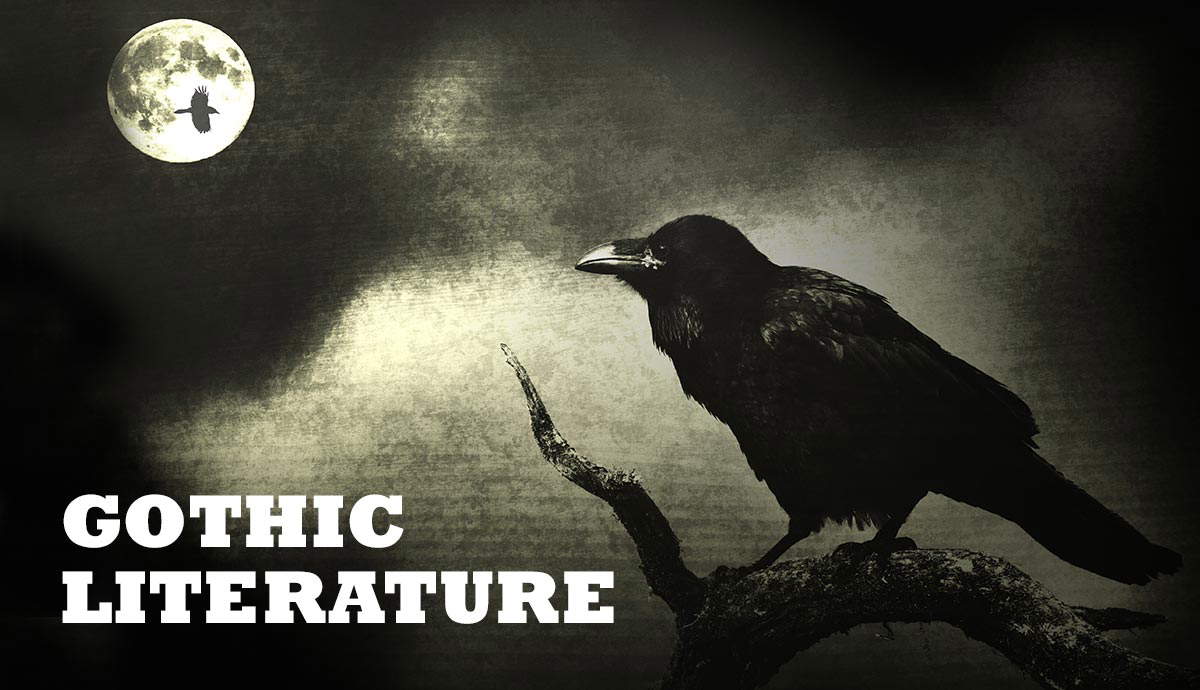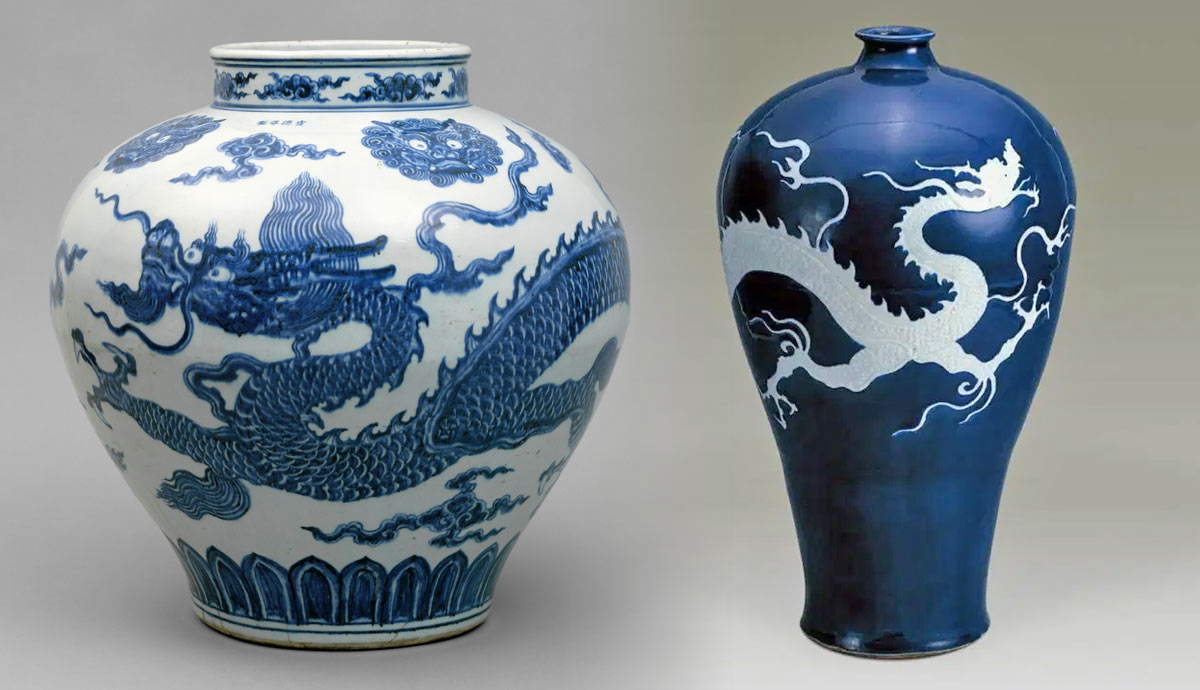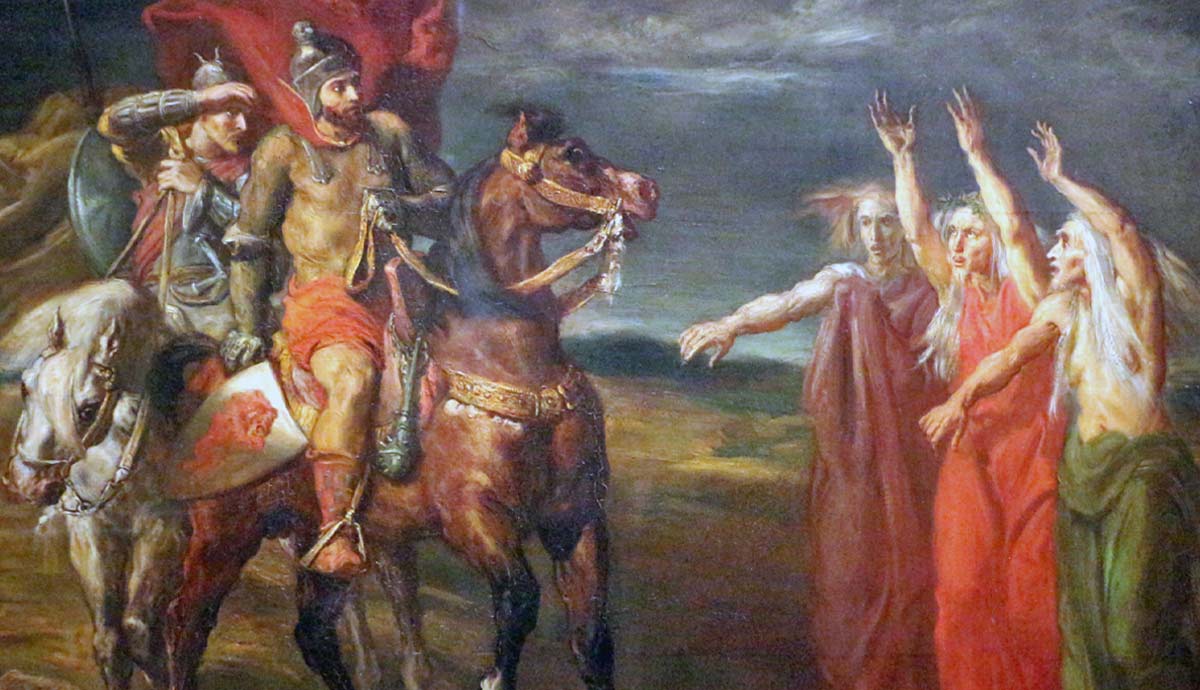
William Shakespeare is known worldwide for his mastery of the English language as a poet and playwright, as well as an actor. Not the least of these contributions is the introduction of close to 1700 words we now use regularly. Among his common themes of love, loss, grief, and revenge was a frequent use of nature as both a metaphor and means of describing scenes to create a distinct feeling around his emotion-filled acts.
The Heath as a Setting for the Witches

At each appearance or meeting of the three witches in Macbeth, mention is made of the ‘heath’ and that is the primary location in which Macbeth, Banquo and others encounter the sisters. The heath is an “area of open uncultivated land, especially in Britain, with characteristic vegetation of heather, gorse, and coarse grasses” according to the Oxford Dictionary. The frequent mention of it as a setting for these characters gives the reader a sense of the wildness of them, the unpredictability of the encounters, and the lack of a nobility or domestication they may possess.
Furthermore, as an untamed landscape, it gives each act where the witches are present a greater sense of underlying unease, letting us connect to the frantic state Macbeth finds himself in when certain unexplainable predictions are made about his future royalty.
Atmospheric Imagery in Macbeth

From using the weather and wind as symbols of unrest to talk of the sun and stars, Shakespeare often wove celestial and atmospheric language into moments of passion and confusion in Macbeth. In Act 1, Scene 3, Banquo and Macbeth marvel and wonder at where the witches have gone after their encounter, Banquo stating, “The earth hath bubbles as the water has, And these are of them: whither are they vanish’d?” Macbeth responds, “Into thin air, and what seem’d corporal melted As breath into the wind. Would they had stay’d!”
This language is meant as a representation of where they’ve gone but also reinforces the wildness of the heath and the mystery of the three sisters. Later in the act, stars are personified as beacons of goodness in statements such as, “But signs of nobleness, like stars, shall shine, On all deservers” from Duncan, and from Macbeth when he states, “Stars, hide your fires; Let not light see my black and deep desires.”
Birds as Harbingers and Other Uses
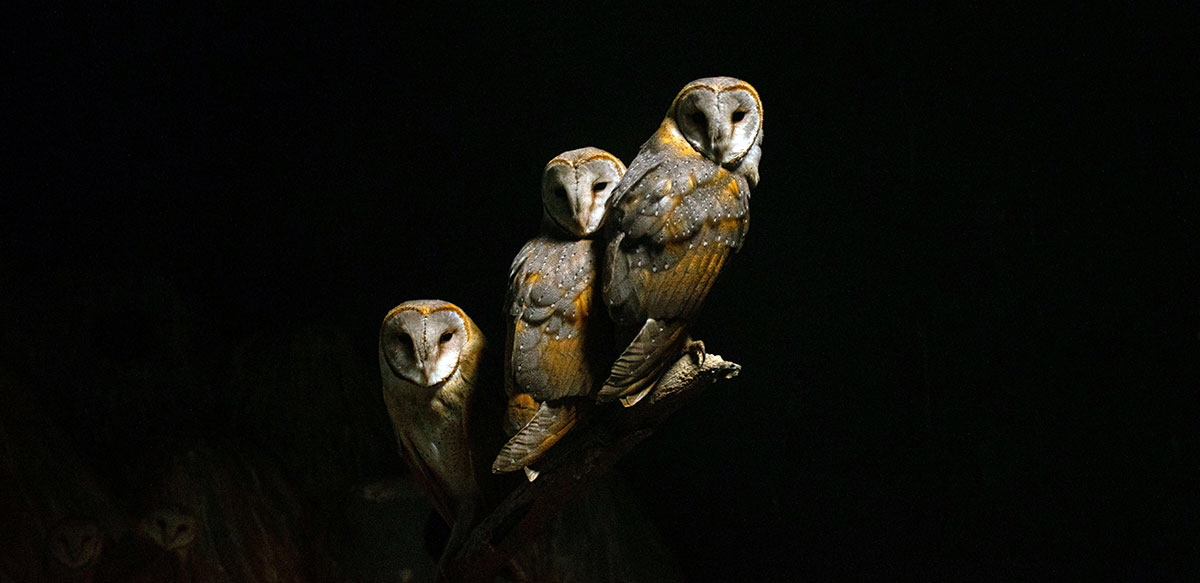
In nearly every Act, birds are used as a way of describing situations, as similes or metaphors for different characters and their behaviors, and again as a means of setting a tone for future scenes. The raven and his call is mentioned as a warning of what’s to come as Lady Macbeth anticipates she and Macbeth’s evil secret deed killing King Duncan. Once the deed is done in Act 2, Scene 2, Lady Macbeth declares, “It was the owl that shriek’d, the fatal bellman, Which gives the stern’st good-night” later stating, “I heard the owl scream and the crickets cry.” In Act 2, Scene 4, the Old Man says to Ross, “On Tuesday last A falcon towering in her pride of place Was by a mousing owl hawk’d at and kill’d.” His language suggests a symbolic nod toward Macbeth or Lady Macbeth and Duncan.
Of Wolves, Dogs, and Men
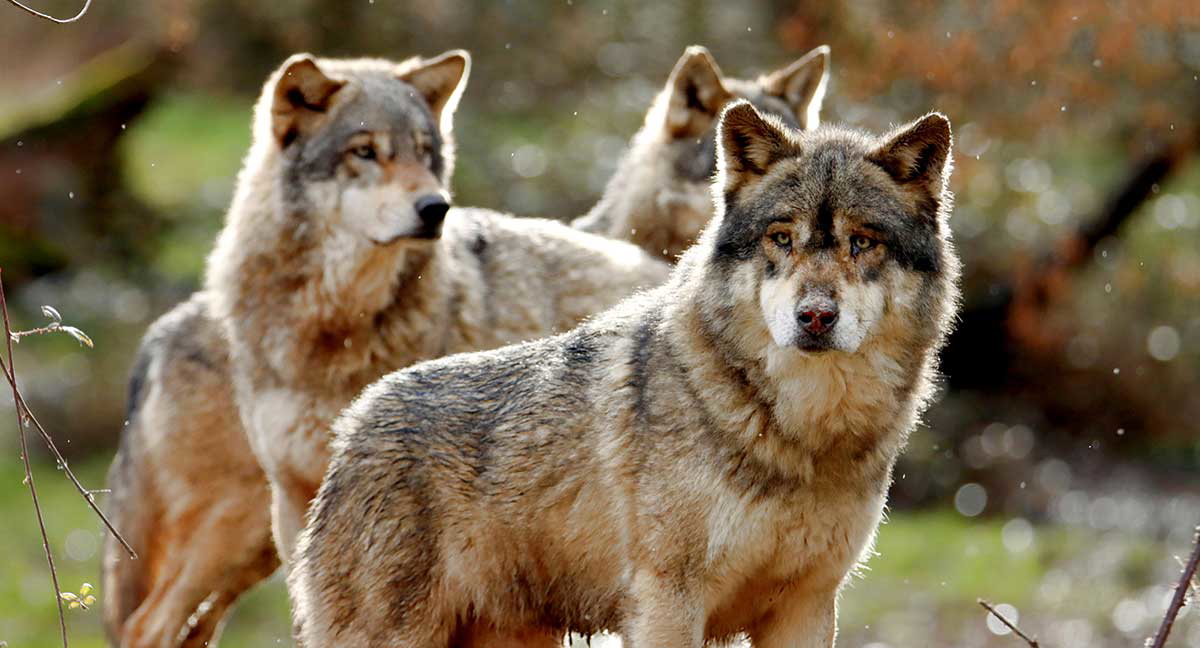
In Act 3, as Macbeth meets with two murderers to contract them to kill Banquo and his son Fleance, he refers to them as dogs. The First Murderer states, “We are men, my liege,” to which Macbeth replies, “Ay, in the catalogue ye go for men; As hounds and greyhounds, mongrels, spaniels, curs, Shoughs, water-rugs, and demi-wolves, are clept All by the name of dogs…”. He ironically lowers them to the status of a dog though he himself has already committed the same acts in his killing of the King. Toward the end of the play, Macbeth tells the doctor attending Lady Macbeth to “Throw psychic to the dogs” mocking his inability to cure her mental ailments as she struggles with a tortured soul after her multiple offenses.
Nature in Macbeth as an Overarching Theme
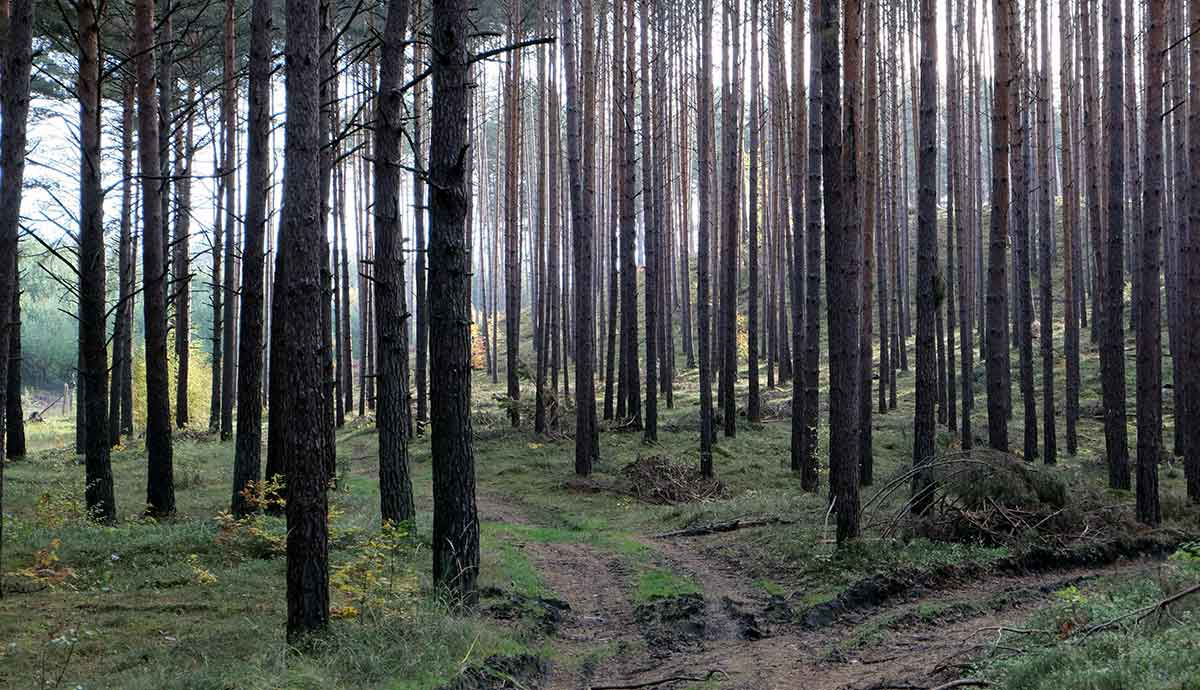
In addition to the symbolism of different animals, comparisons to human behavior, and landscapes to create more believable settings, nature is used as an overall vessel for the unnatural and violent events that occur in the play. Macbeth is a chaotic tale of a fight for power through violence and secrecy after the extra-worldly interactions with three witches cause the main character to stop at nothing to bring their prophecy to fruition. Ironically, the ordered yet wild behavior of the natural world is the perfect lens with which to view the disordered events in the play.





